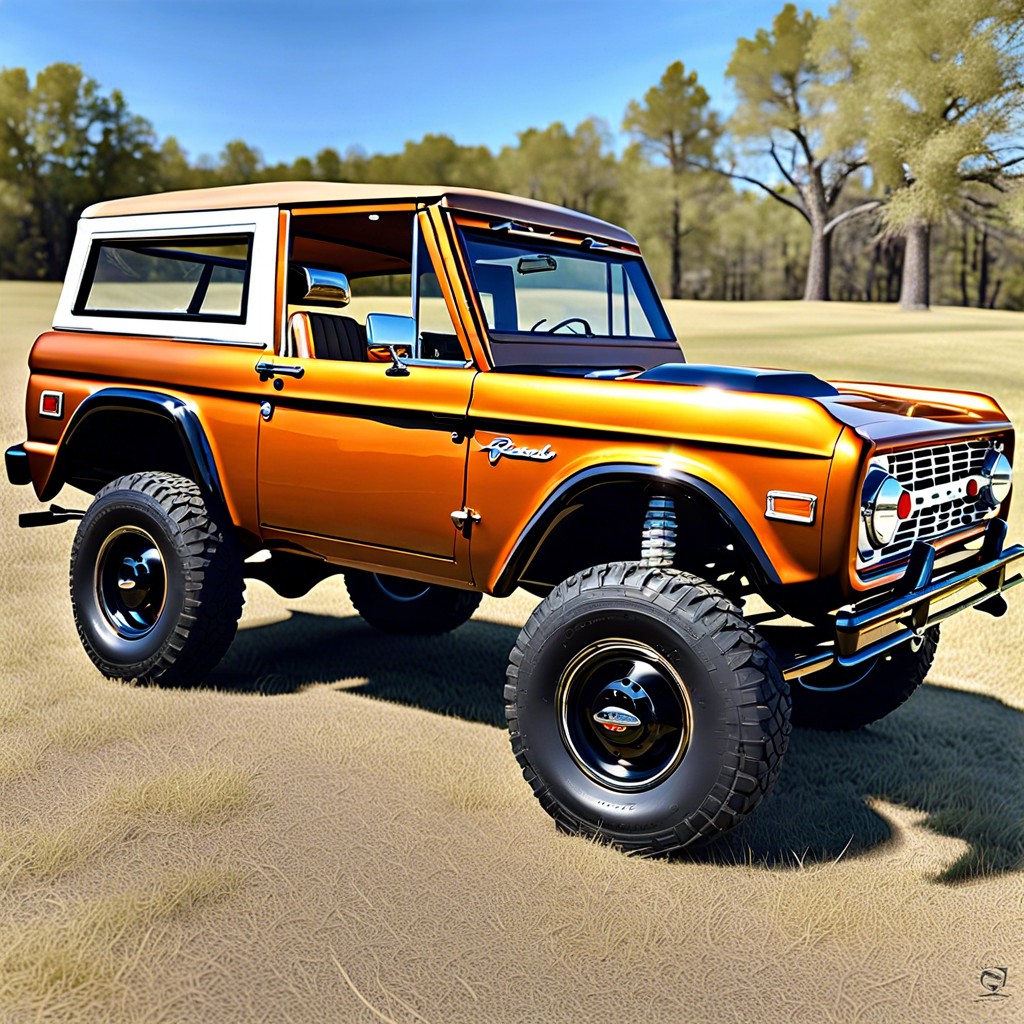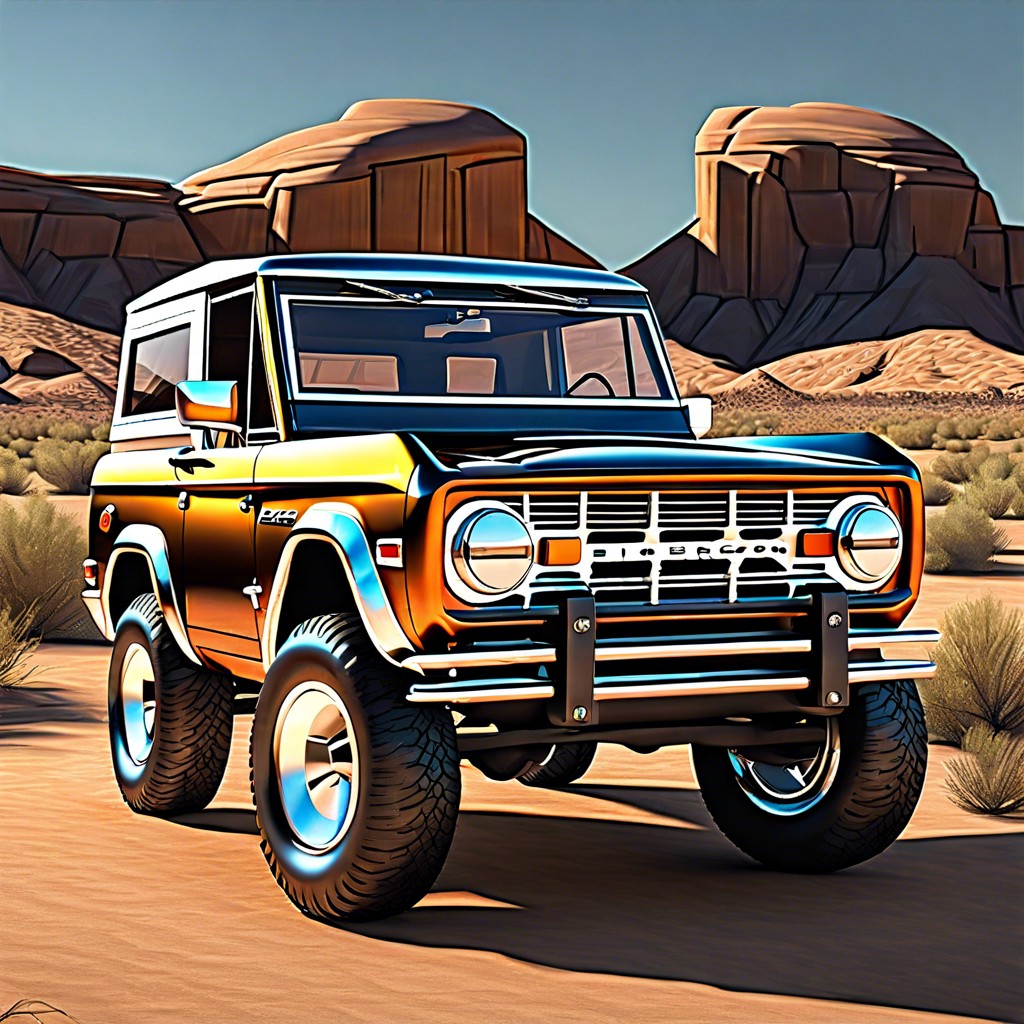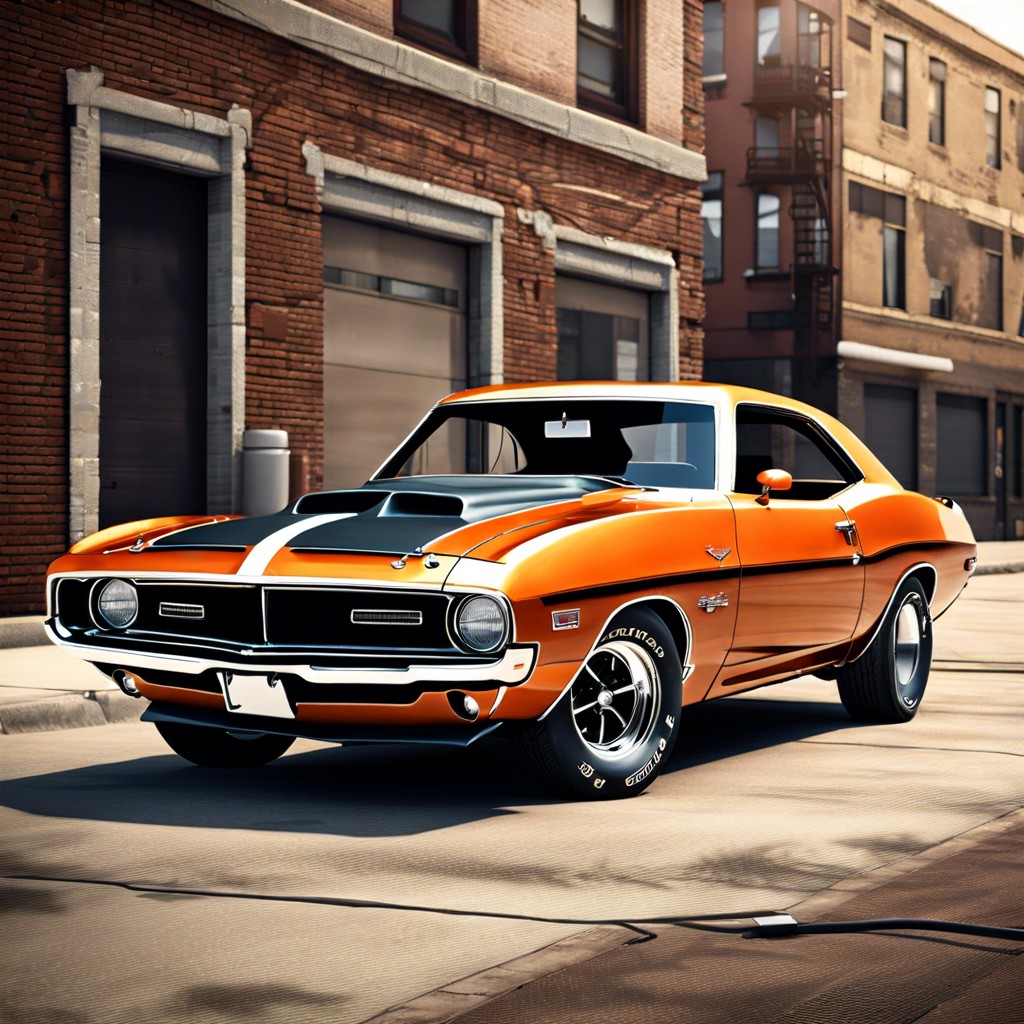Last updated on
Discover the key considerations for purchasing a classic car in Minnesota, ensuring you make an informed decision tailored to your desires and budget.
Key takeaways:
- Determining classic car values in Minnesota: Condition, rarity, and historical significance.
- Best classic car dealerships in Minnesota: Morrie’s Heritage Car Connection, Ellingson Motorcars, Classic Rides & Rods, Dave’s Classic Cars.
- Private sellers versus dealerships for classic cars: Lower price versus additional services and consumer protection.
- Tips for inspecting classic cars before purchase: Body, engine, interior, maintenance records, test drive, mechanic’s assessment.
- Navigating Minnesota’s classic car sales tax and registration: Reduced rates for Pioneer, Classic, and Street Rod licensing.
Determining Classic Car Values in Minnesota
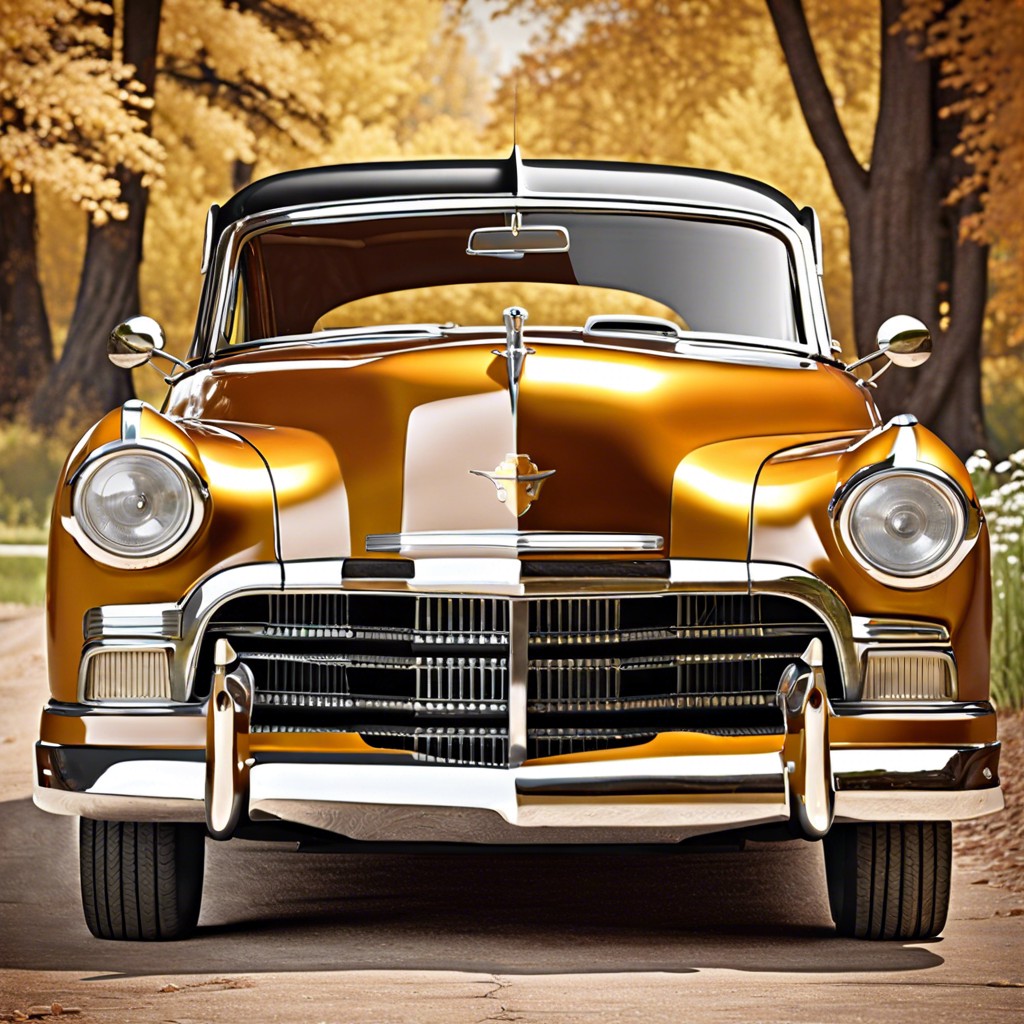
Assessing the value of a classic car requires a nuanced understanding of various factors. Condition plays a critical role, with vehicles rated from ‘project’ up to ‘concours’ quality. Rarity also influences price; limited production models typically fetch higher sums. Historical significance can add a premium, especially if the vehicle has a storied past or provenance.
Market trends should inform any value assessment. In Minnesota, certain classics may be in higher demand due to regional preferences or suitability for local climate, impacting their value. Additionally, originality is prized, with numbers-matching vehicles — where the engine and other major components are original to the car — generally commanding top dollar.
Lastly, reference reputable pricing guides and recent auction results for similar vehicles to anchor your value expectations in reality. Consider consulting with local appraisers or classic car clubs in Minnesota for expert insights into current market conditions.
Best Classic Car Dealerships in Minnesota
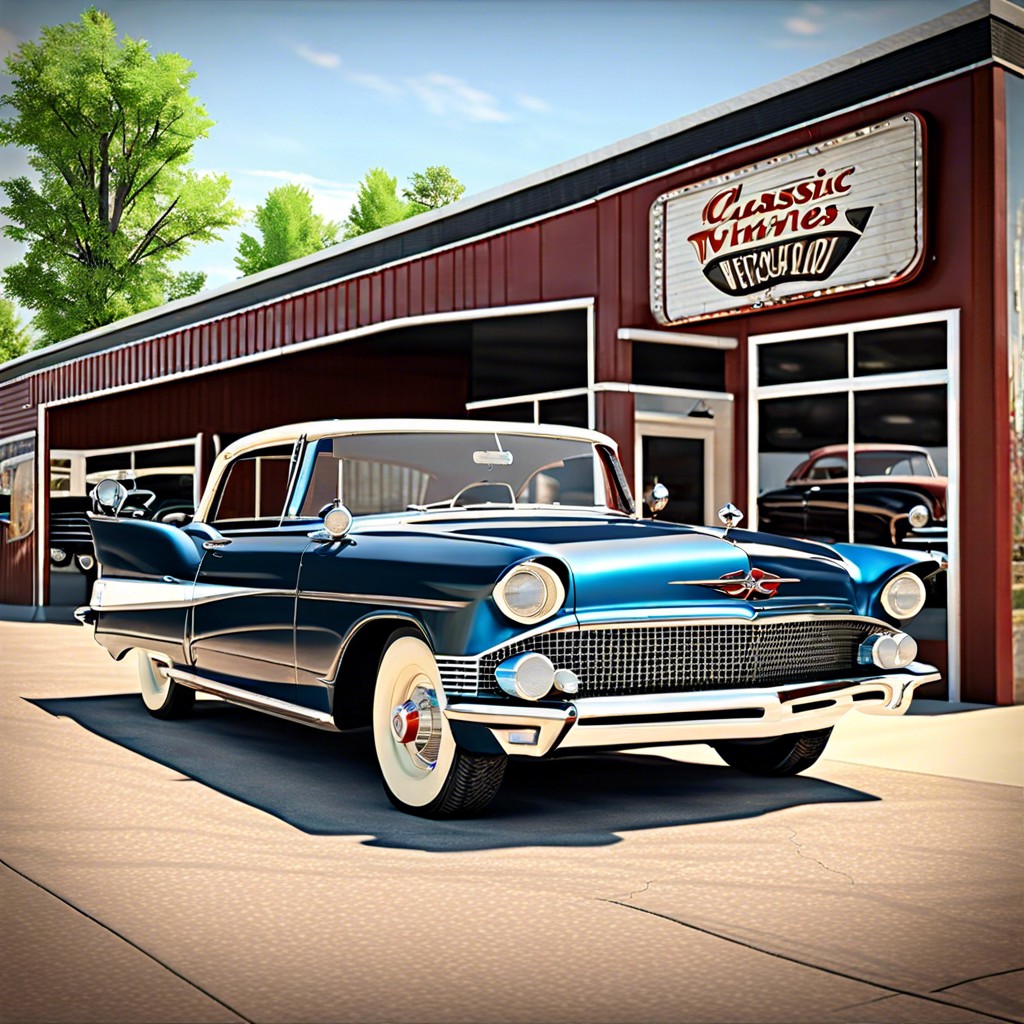
Selecting the right dealership can greatly enhance the classic car buying experience. In Minnesota, several dealerships specialize in vintage vehicles, boasting a wide selection and knowledgeable staff.
Morrie’s Heritage Car Connection in Golden Valley is renowned for their curated collection and rental program, providing an opportunity to experience a classic car before committing to a purchase.
Ellingson Motorcars in Rogers offers a substantial inventory of classic and muscle cars, with a professional team to assist in financing and shipping.
Classic Rides & Rods in Annandale features a diverse array of automobiles, from convertibles to trucks, and their interactive website allows for virtual browsing.
Dave’s Classic Cars in Glenwood operates primarily online, delivering a comprehensive database of vehicles, including detailed photographs and descriptions, aiding buyers in making informed decisions from afar.
Prospective buyers should research their options, comparing inventories and services, to align with a dealership that caters to their specific interests and needs.
Private Sellers Versus Dealerships for Classic Cars
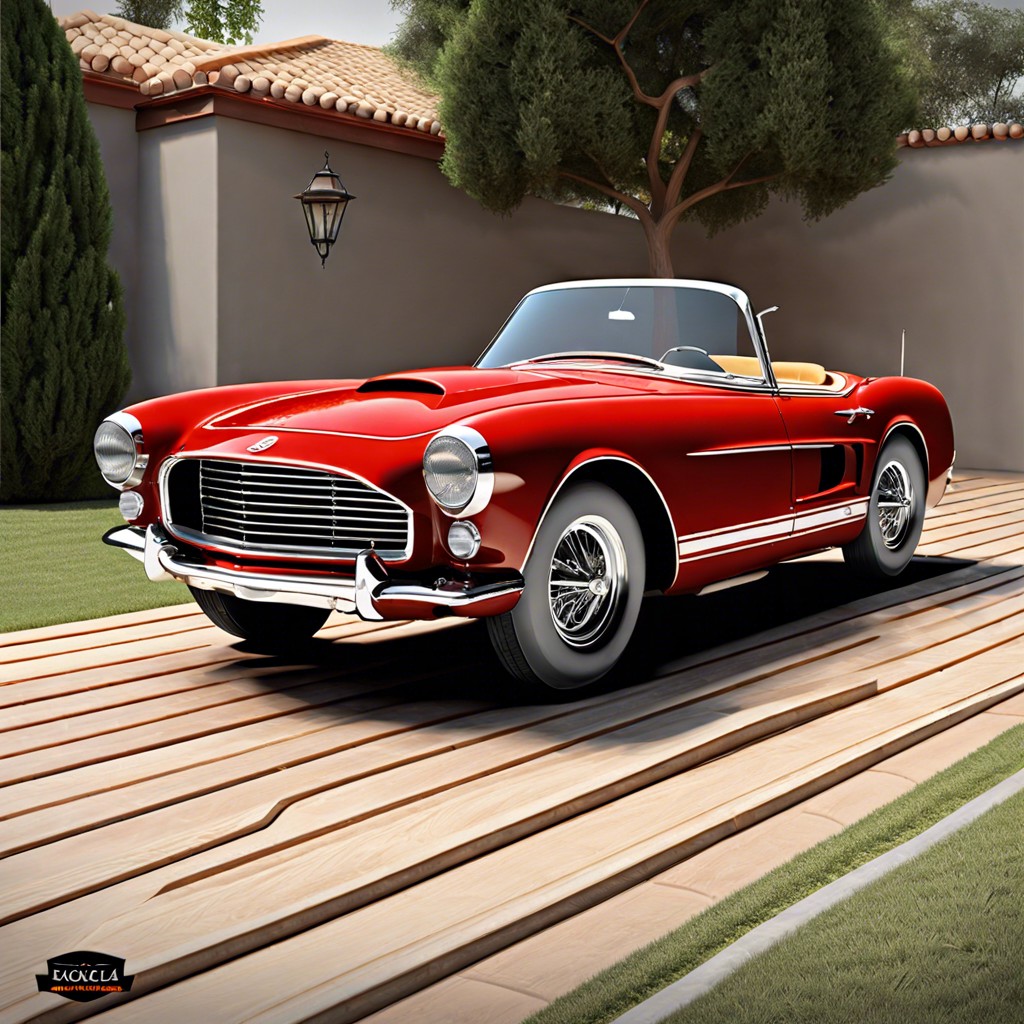
Purchasing from a private seller often means a lower price due to the absence of dealership overhead costs. Buyers may also encounter a more varied and less mainstream selection of classic cars, as private collectors might part with rare finds not typically found on dealership lots.
On the other hand, dealerships can provide additional services such as financing options, warranties, and a trustworthy reputation. They may also offer expertly restored vehicles, ensuring a certain level of quality and reliability.
Building rapport with private sellers can lead to more detailed histories of the vehicle and a more personal purchase experience. However, this requires a higher degree of buyer diligence, as private sales generally come “as-is” without any guarantees once the sale is complete.
Conversely, dealerships are bound by strict trade regulations, offering more consumer protection. They are also more likely to have established networks for parts and service referrals, which can be invaluable for classic car maintenance and repair.
Tips for Inspecting Classic Cars Before Purchase
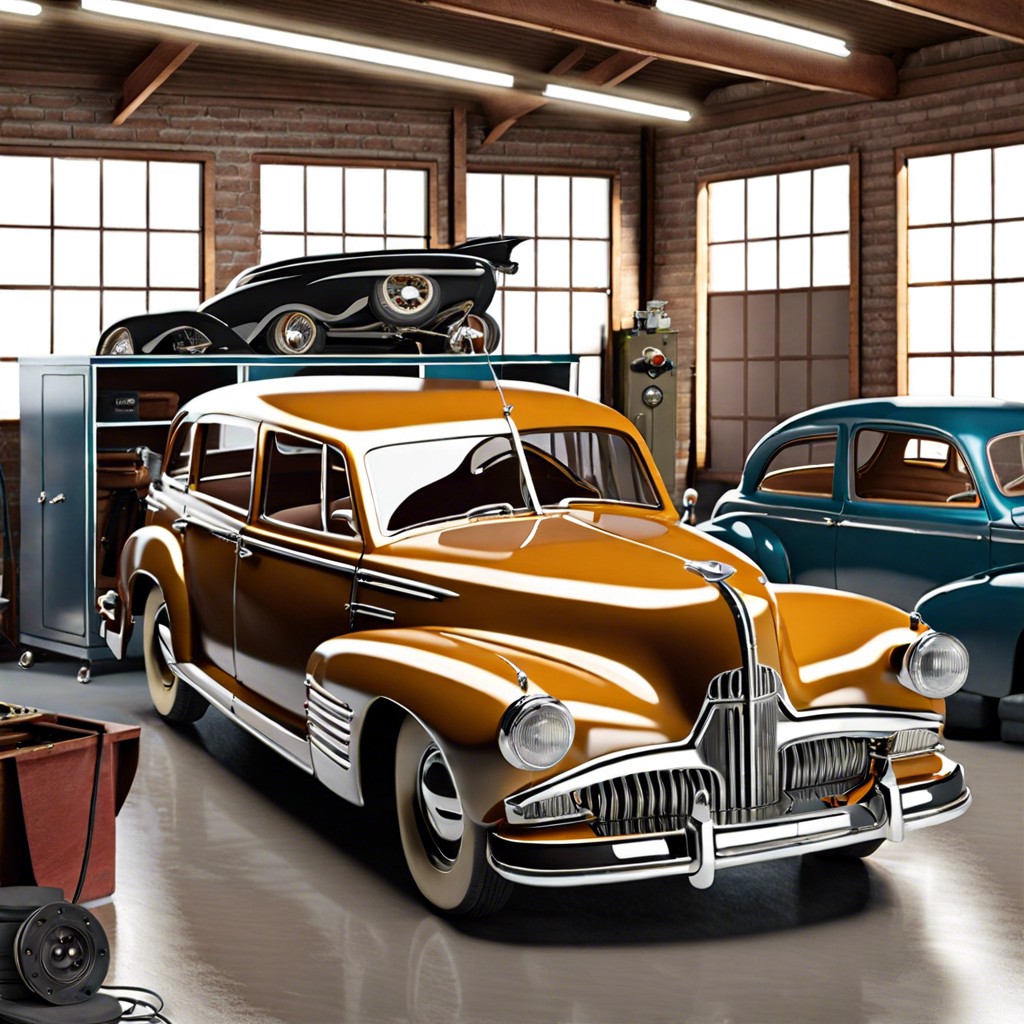
Begin with a thorough inspection of the vehicle body. Check for rust, especially in common problem areas like wheel wells and undercarriage. Look for signs of new paint or sealant, which may indicate attempts to cover rust or previous damage.
Examine panel alignment and door gaps for uniformity; inconsistencies could point to past accidents and poor repair work. Test door, hood, and trunk hinges for smooth operation and proper fit.
Inspect the engine bay, noting any obvious leaks, worn belts, or cracked hoses. Pull the dipstick to check oil level and condition—it should be clear and free of debris. Start the car to listen for unusual noises and assess exhaust smoke; blue smoke could suggest oil burning, and excessive white smoke may indicate coolant leaks.
Check the interior upholstery, dashboard, and trim for excessive wear or damage. Verify that all instruments, controls, and electrical components are functional. Inspect the trunk area for water intrusion and spare tire condition.
Review maintenance records, if available, to gauge the car’s service history, and insist on a test drive to evaluate the overall performance, including the transmission, brakes, and suspension system. A professional mechanic’s assessment is advisable for a thorough evaluation.
Navigating Minnesota’s Classic Car Sales Tax and Registration
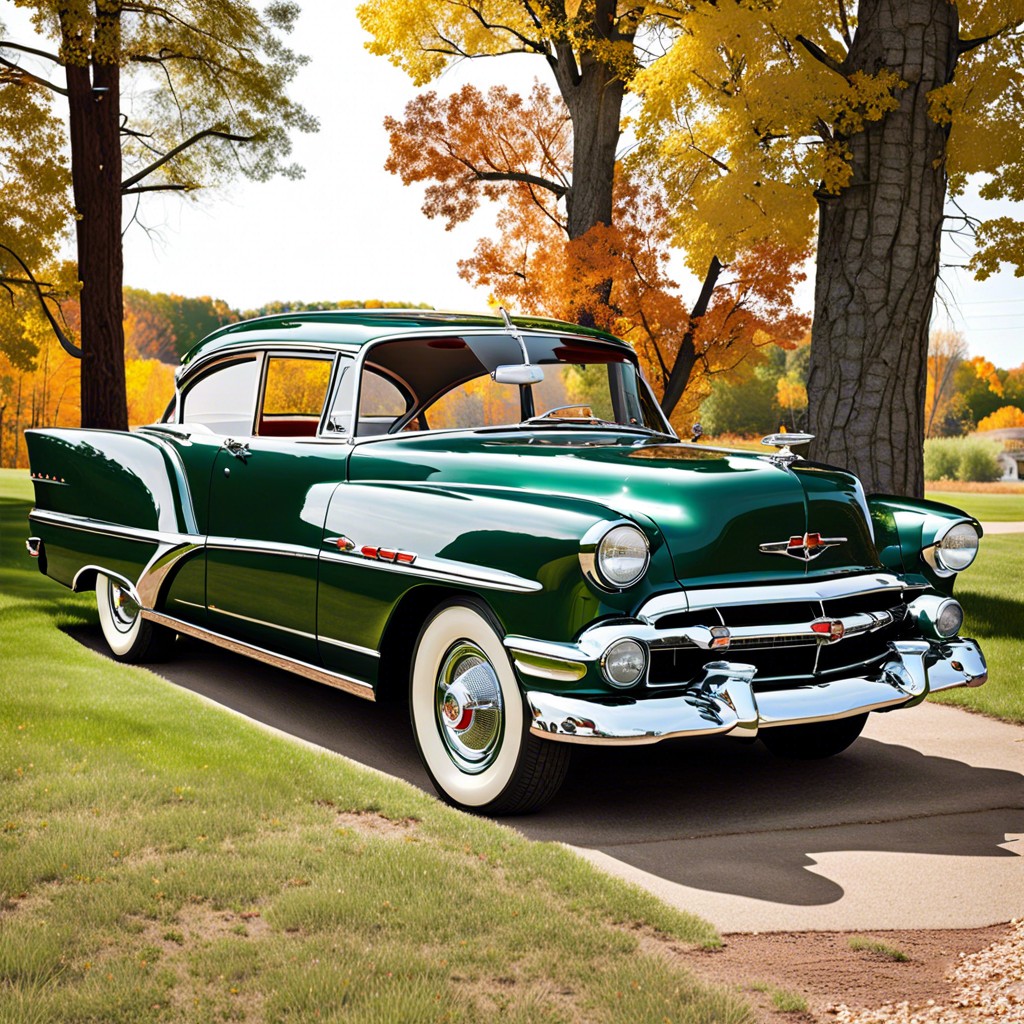
In Minnesota, the sales tax for vehicles is 6.5%. However, collector cars may be exempt from the standard sales tax if they qualify for Pioneer, Classic or Street Rod licensing. It’s imperative to understand these categories as they offer reduced rates for registration.
To qualify for the Classic car license plate, a vehicle must be at least 20 years old and maintained for use in exhibitions, car club activities, parades, and other functions of public interest. It should not be used for general transportation.
For Pioneer plates, the vehicle must be manufactured before 1936. Street Rod plates apply to vehicles made before 1949 or resembling such a vehicle.
The Minnesota Department of Public Safety requires an application form and a nominal fee for these special plates. An annual renewal fee, which is typically less than the fee for regular plates, also applies.
Keep in mind, special plates have different usage restrictions. For instance, vehicles with Classic plates may generally be driven to events but not for everyday use.
Before completing a purchase, it’s essential to visit MN Driver and Vehicle Services or consult with a knowledgeable local DMV to confirm current laws and fee structures related to classic cars.
